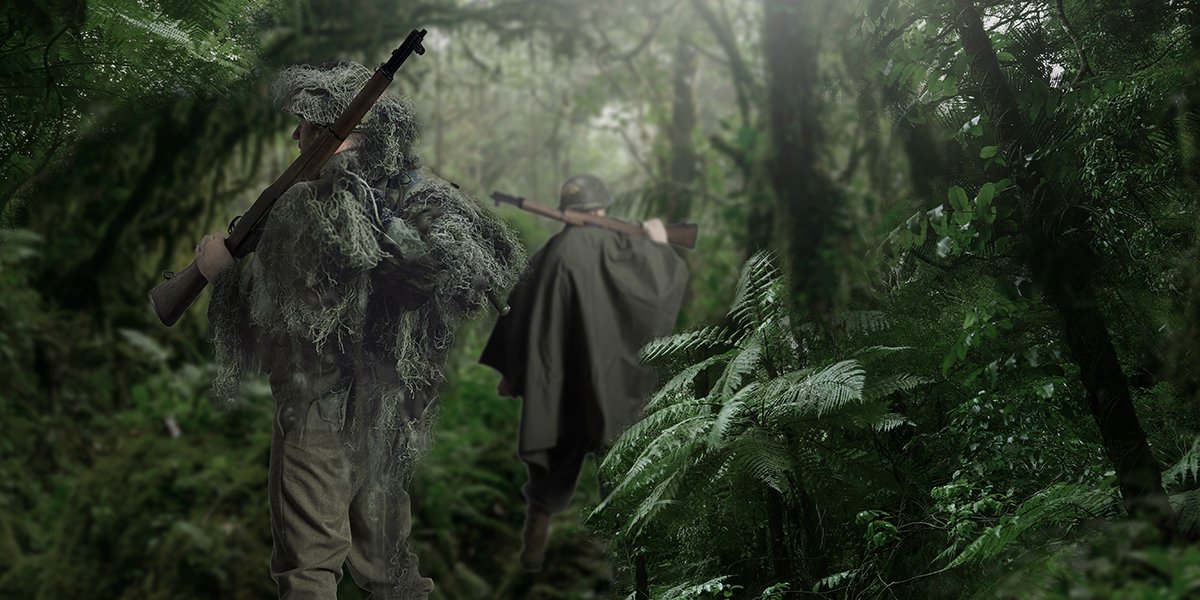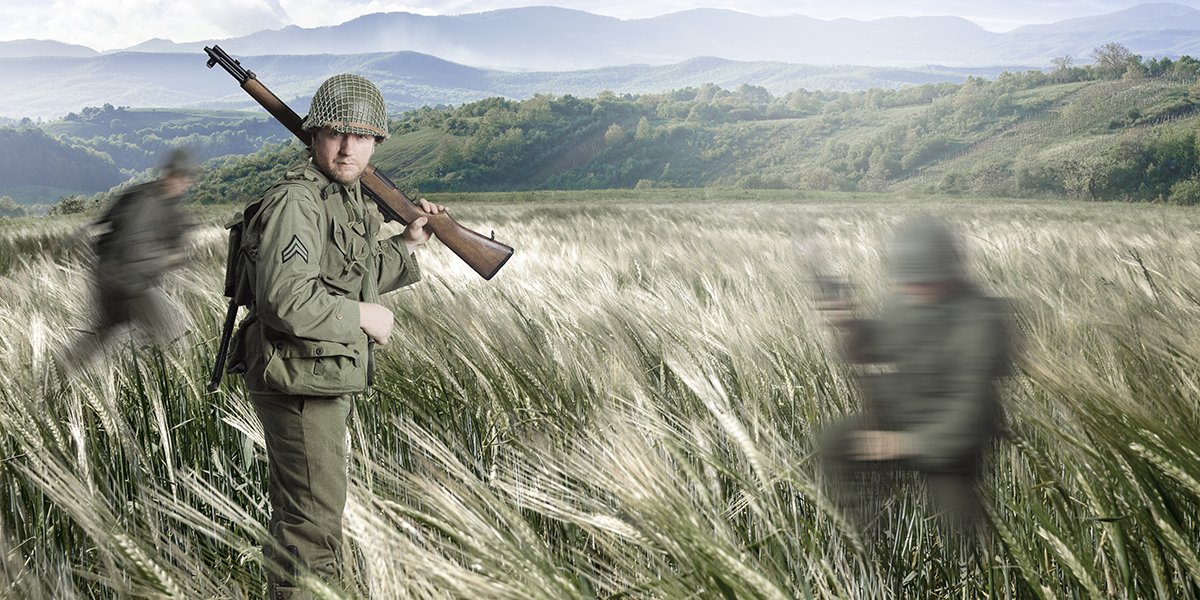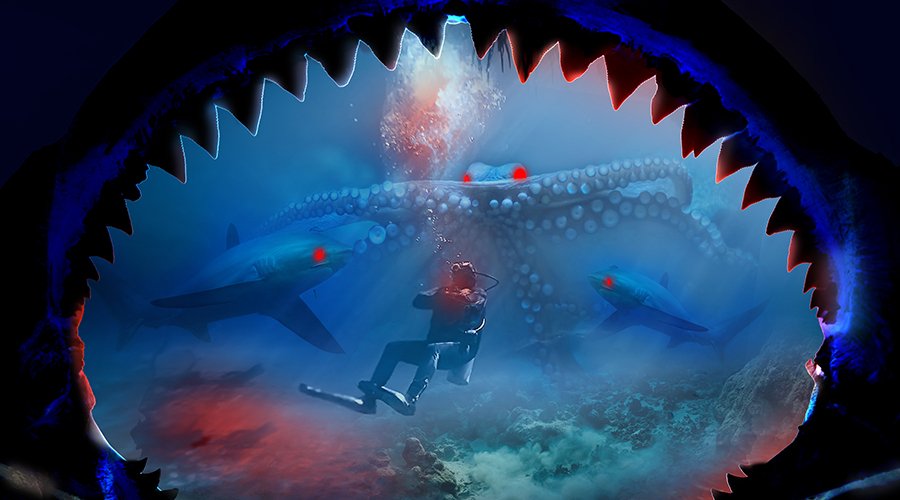Projector
Monitor
Lighting
Digital Display
Job References
This site uses cookies. By continuing to browse the site you are agreeing to our use of cookies, you can also manage preferences.
This site uses cookies. By continuing to browse the site you are agreeing to our use of cookies, you can also manage preferences.
Projector
Monitor
Lighting
Digital Display
Job References
Projector
Monitor
Lighting
Digital Display
Job References
Knowledge Center SupportRecommending a Terrence Malick movie to cinephiles has to be one of the easiest things in the world. We’ve not long ago taken a look at his 2011 film The Tree of Life, but now we’re heading a bit back in time to the glorious late 90’s, a period when everything seemed possible. It was that spirit that encouraged Malick and his cinematographer John Toll to film The Thin Red Line in spectacular 4K with HDR for good measure, even though movie theaters of the era didn’t support those specs.
That’s not the only strange and wonderful thing about The Thin Red Line. Made in 1997-1998, this World War II movie saw its release delayed because of Steven Spielberg’s blockbuster Saving Private Ryan. Instead of a summer 1998 slot, it went with an early 1999 release. While both are superb movies, Thin Red Line follows an emotional, introspective and ultimately very anti-war path later trodden by the likes of 1917.

John Toll and Terrence Malick decided to shoot in 4K HDR twenty years before those became standard. Certainly they weren’t the first to do so, but thanks to their combined talents the results are breathtaking. The Thin Red Line takes place supposedly in Guadalcanal in 1942, during the US campaign to “island hop” towards Japan. Unlike Private Ryan, the ensemble cast aren’t elite soldiers: they’re all regular army troops, and none look like movie stars. Most want to go home. The real star of the show is nature, as is always the case with a Malick movie. You’ll really need your home cinema projector to appreciate this movie on Blu-ray. This is not a movie to watch on your smartphone or even a laptop.
Filmed in Australia and the Solomon Islands, The Thin Red Line has an insane amount of gorgeous nature shots. Lush hills with cloud shadows rolling over them, ocean waves crashing on beautiful beaches, deep jungles, misty jungles, blinding sunlight…it’s all here and needs to be seen on a big screen to be fully appreciated.
The Thin Red Line finally got a proper Blu-ray release in 2010 via the Criterion Collection. Regarded as a masterpiece of mastering, this is a 1080p SDR disc that on modern equipment capable of upscaling looks basically like 4K HDR. Nearly sold out for a decade now, it’s quite ironic that a movie famed for being shot in 4K never got a 4K home video release (as of this writing). It’s not available for streaming as far as we know, and digital marketplaces only sell the 1080p version, not a 4K one. As mentioned, that Criterion disc is all but gone, if you can find one count yourself lucky. We do recommend hunting a copy down wherever you can. It’s well worth spending a nice sum on – don’t go overboard, but US$50-US$100 would be justified.
It’s doubly ironic that twenty plus years after release, projectors and TVs have what it takes to showcase The Thin Red Line as it was intended to be seen, yet it’s nearly impossible to find at all.

Pretty much half of Hollywood was in this movie. John Travolta, John Cusack, George Clooney, Jared Leto, Woody Harrelson, Sean Penn, Elias Koteas, Nick Nolte…we could go on. Some were at the beginning of their careers, like Ben Chaplin, Jim Caviezel, Nick Stahl, and Miranda Otto. All of them did a great job delivering an anti-war movie that explicitly tells us violent conflict is futile and in fact insane.
It’s well known Terrence Malick despises violence, and John Toll did a bang-up job depicting war as decidedly NOT glamorous. Nature looks great, but often gets destroyed by human conflict. One of the most memorable scenes in cinema history is the American charge on a Japanese army base in the middle of the jungle. You’ll be driven to goosebumps and tears as the cinematography gets a boost from Hans Zimmer’s unbelievable soundtrack, so make sure you have good headphones or speakers.
There’s a lot of violence on show, but none of it even remotely idealized. Japanese soldiers are shown regularly, and even though none get proper speaking roles, all are obviously human and treated as complete equals to the Americans. The Thin Red Line wants to tell us we all live together in nature, and if we insist, we all die together in nature, as well.
The Thin Red Line isn’t a happy movie, but it’s supremely uplifting. Despite a lot of cynicism, it’s patently in love with humanity as we could be, not as we are. It wants us to give up our addiction to actual, real life violence and embrace a more natural form of life, while still admiring technology (there’s a lot of that in the movie, from ships and planes to tanks and flamethrowers). Like every Terrence Malick movie, The Thin Red Line tells us that it will be OK if we manage to control our dark, malevolent side and focus on using our intelligence for good.
Like every Terence Malick movie, you need to watch it.
Thanks for your feedback!






